Fill out social profiles completely
For each social media platform that you use, make sure you’ve filled out your business information completely.
There are a few reasons this matters.
First, it simply gives the user the best experience. Remember that some people might find your social media account before they’ve seen your website or any other information about you.
Whether they’re looking for your phone number, a description of your business, or a link to your website, it should be easy to find.
Secondly, some of this information might appear on a search engine results page. For example, Google listings for Facebook pages can include the business location, description, review ratings, number of page likes, and more. You should make sure your profile isn’t missing any of this information.
If you don’t have the bandwidth to register and complete all of your social media profiles, we can do it for you.
Use keywords
Keywords are the first thing many people think of when they think of SEO.
You can use keywords for social SEO too. And unlike Google, not many people are thinking about keyword research and optimization on social media, so it’s less competitive.
Go beyond Facebook
Don’t get us wrong — you should be on Facebook. It’s still the most popular social media platform in the world.
But other social media sites and apps are up and coming, and businesses are increasingly investing in them.
62% of marketers say that Facebook is one of the most important platforms for reaching their business goals — a clear majority.
However, that number is down from 78% the year before. Meanwhile, the number of marketers who say TikTok is important has increased by 700%, and the number who chose Snapchat is up 1200%.
Don’t skip (or overuse) hashtags
Hashtags can be a valuable tool for social media marketers. They increase the visibility of your account and your posts.
But more isn’t always better. An excessive list of hashtags in your social media post looks spammy and distracts from your main message.
It’s best to select a few important hashtags for each piece of content you post. Just like SEO keywords, you should think about search intent.
Check out what your competitors are using.
Brainstorm hashtag ideas by looking at popular posts by your competitors or influencers in your niche. Click each hashtag and see what comes up. Do the results fit with your brand image?
Look at trending hashtags.
Some social platforms, like Twitter, have a list of currently trending hashtags.
If none of the trends are relevant to your brand, don’t force it. But if you can think of a clever way to incorporate a popular hashtag, it could bring a lot of new traffic to your page.
Create your own hashtag.
You don’t have to use existing hashtags. You can create something new — a hashtag associated with your brand alone.
A unique hashtag doesn’t do much good if people aren’t interested in it, though. The best branded hashtags invite social media users to participate.
A great example is Red Bull’s #PutACanOnIt campaign, which had people take pictures of Red Bull cans in various scenarios.
It spread brand awareness while encouraging social media users to engage with the brand. Creating your own hashtag can be part of a larger content pillar strategy on social media.
Engage with your audience
Social media is supposed to be social.
That means you should be responding to questions and comments about your business and products on social media. Make posts that encourage your followers to join the conversation and share or retweet your content.
The advantages of interacting with your social media follower include:
- You create a positive impression of your business
- You learn what your audience likes and what concerns they have
- People are more likely to remember your brand when you interact with them
GET TO THE TOP!
If you have questions or concerns about your online presence give Stratedia a call at 860.415.0430 or visit us online at stratedia.com. We‘re ranked Best as the top seo company CT by Clutch.co! Let Stratedia help you, GET TO THE TOP!





























